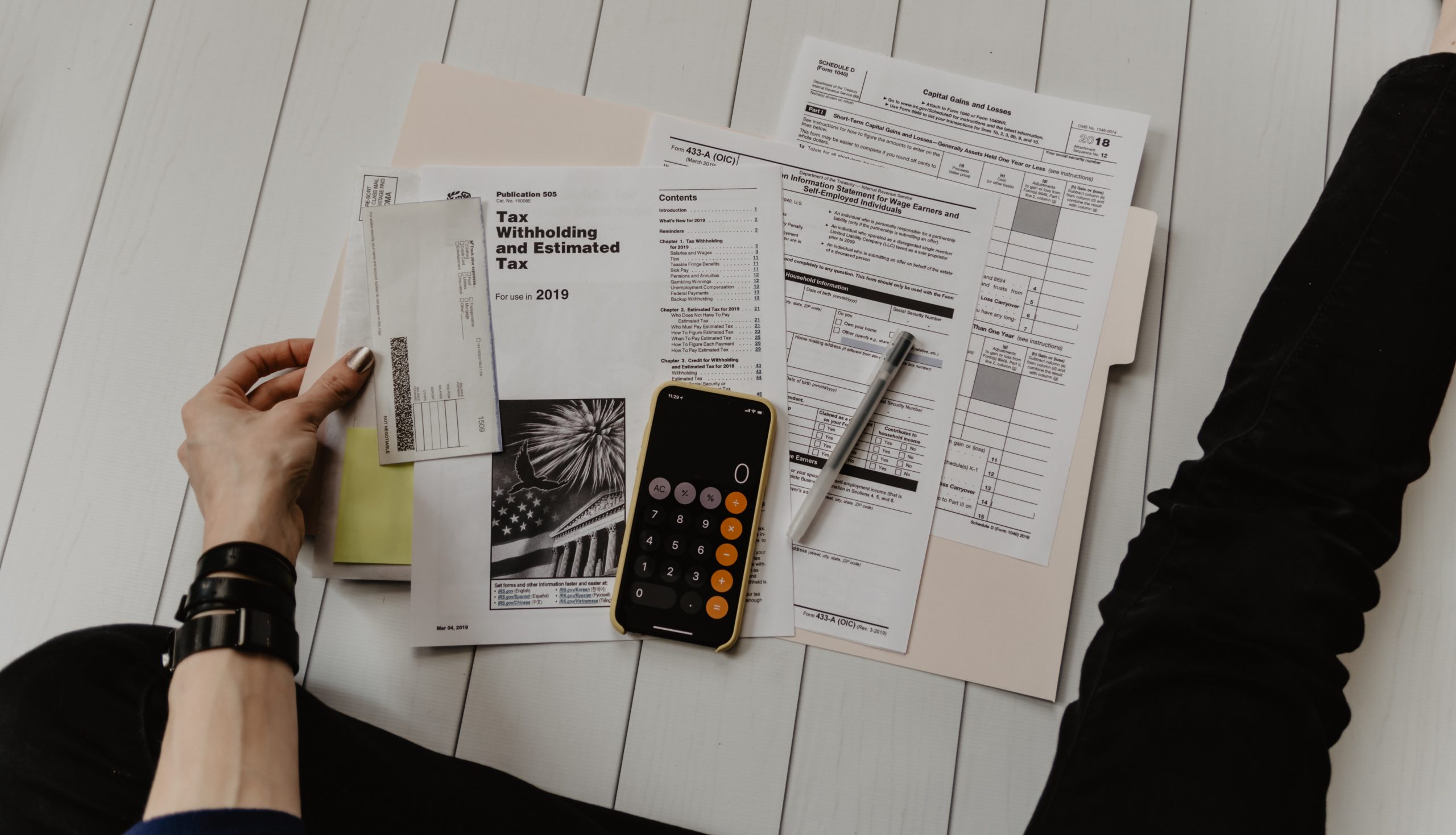
If you own residential rental property, one of the biggest incentives is the ongoing income that you can generate from your tenants. In addition, as long as your property(ies) are occupied, it is also possible that the income from your tenants is going towards paying down your mortgage, and in turn, building up some nice equity.
But when it comes to taking tax deductions, your options are somewhat limited as an investment property owner. This is especially the case if you are not considered a real estate professional (which requires you to spend at least half of your working hours running this operation) and you instead run your investments as a side business.
In the latter case, if you incur any losses in your real estate endeavor, you can only deduct them up to $25,000 against your rental income. There are, however, some other potential tax deductions, too, including:
- Interest paid on the mortgage(s). One of the biggest benefits of being a real property owner is the allowance of mortgage interest deduction. For your 2020 income tax return, the IRS allows up to $750,000 in interest with new loans.
- You could also deduct costs that are related to interior maintenance on your rental property(ies).
- Yard / lawn care. Likewise, exterior maintenance, such as landscaping, may also be a tax-deductible expense.
- Theft and/or damage. If you incur theft and/or casualties that are due to natural disasters (such as hurricanes), you may be able to deduct some or all of these expenses.
Running a rental property operation can be somewhat time-consuming – especially if you are doing all of the work yourself. In this case, it could be time to consider bringing a property manager on board.
If you own residential rental units in Orlando / Central Florida, give us a call for more details on how we can make your life easier.
Photo by Kelly Sikkema on Unsplash
